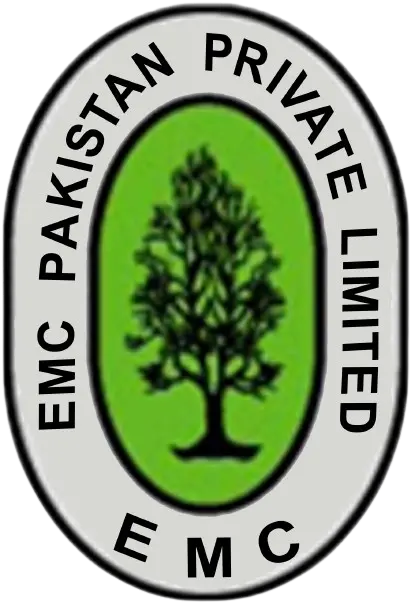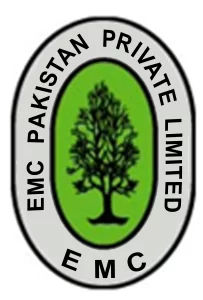EMC’s social department offers comprehensive socio-economic survey services to provide valuable insights into the social and economic conditions of communities. By collecting data on housing, population, growth rates, and other relevant factors, these surveys offer essential information for planning and development initiatives.
Our team of experts can assess the current state of health, education, and infrastructure within a community, identifying gaps and prioritizing areas for improvement. This information is used to design effective social development plans that address the needs of the population.
EMC’s social department also focuses on the economic aspects of a community, including income levels, sources of income, and cost-benefit analysis of proposed projects. By understanding the economic situation of individuals and households, we can assess the potential impacts of development projects and ensure that they are equitable and sustainable.
To gather accurate demographic data, our social department conducts thorough census activities within the project impact area. This involves registering and documenting the status of potentially affected populations, providing a demographic overview, and profiling household assets and main sources of livelihood. Our census covers 100% of the potentially affected population within the project impact area.

